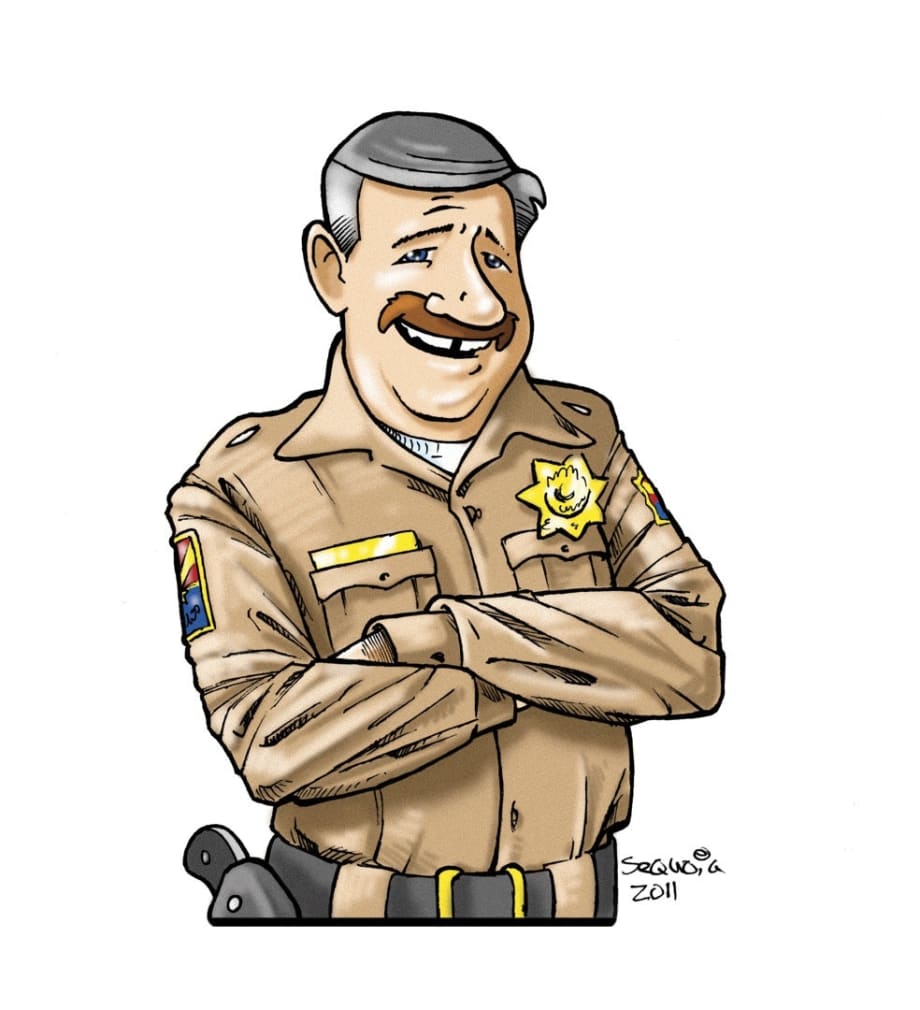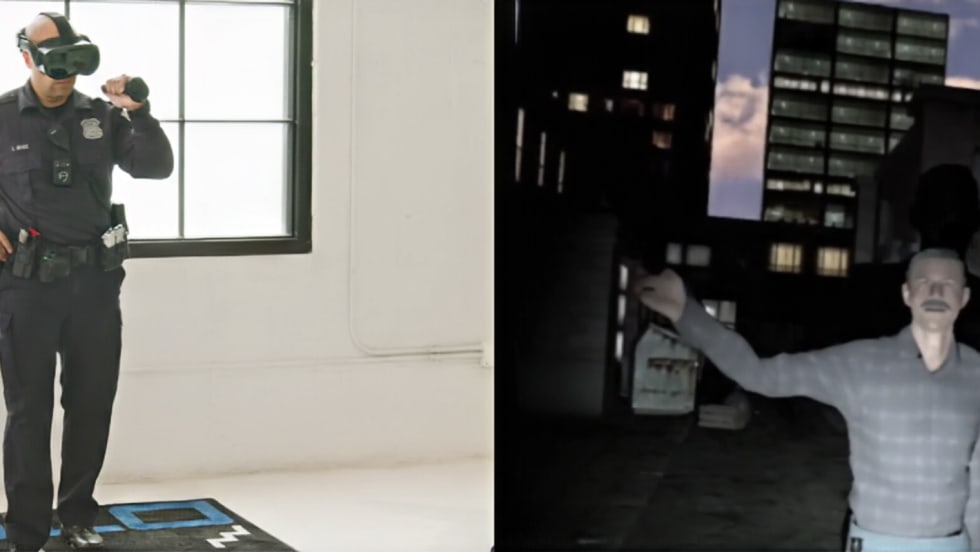We use the term "the last time" all the dang time. Describing your last movie or your last meal at a restaurant seems like a pretty innocuous use of the term, and it certainly is. But in our "cop talk" the term can have a more sinister meaning. "The last time Trooper 'X' frisked a subject he was pushed down and killed," is the kind of phrase we often use, with a vastly different emphasis on "last time."
I guess it's a good thing that we get so many last times. Almost everything and everyone we know, everywhere, gives us a last time we get to reference. We are constantly referring to last times without any sort of dire warning. The last time you ate at your favorite restaurant was probably enjoyable, and certainly because of that it won't, in fact, be the last time you will eat there.
The same holds true for our police activities. The last time you handled a DUI was probably not your last DUI, and the same holds true for your domestic disturbances, your felony warrants, and on and on. Since you are still here you expect it to not be the actual "last one," just the "last one you did," right? Because we expect we will be doing them again, we often don't reflect on what we did or how well we did it; because this is true, I would like to have you do a little mental exercise over the next few days.
Immediately after your next felony stop ask yourself, "What would folks say if this was my last one?" Don't tell me, "But nothing happened—I'm OK!" because this isn't about what did or didn't happen to you, but rather just how you did the whole enchilada. Did you position the vehicle properly, follow protocol, and give strong confident commands? Were your control, cuffing, and search procedures tight or were they sloppy and lackadaisical?
Do the same for your next domestic disturbance and your next disorderly arrest and so on. Each time, stop to reflect, evaluate, and correct if necessary. Again, you think, Why? because nothing happened this time. But remember, this time is now your last time and just because you made it through the last time doesn't guarantee you will make it through the "next time." So, to ensure the next time doesn't turn into your last time, you need to reflect and learn from the other last time. Whew, lots of times, huh?
The deal is this. When we stop reflecting on what we have done, we stop learning; we stop growing our expertise; and we start the slow decline of performance we see in officers time and time again. Skills, awareness, and gut instincts are eroded, and too often we set ourselves up for failure in whatever arena our conflicts occur: on the street, in court, even in administrative review. The ability to look back and reflect is a powerful human capacity and it gives us an edge; and isn't one of law enforcement's axioms that we are looking for an edge all the time?
So here it is again. The next time you transport a suspect, as you are searching him think, This is a suspect I am searching and I will have it said after I am done that "That officer did a great job last time!" This ensures a lot of "last times" until the time you finally pull the pin and move on to your next mission in life. Look at every "time" you do something as a chance to be spoken of by other officers as an example of "how to do it," and not "how not to do it"—as in, "The last time that officer searched a building it was one sloppy search!" Because that kind of comment can lead to the least likable form of the "the last time"—the actual "Last Time."
Final drill: Sit down with your team and ask each other, "The last time we searched a suspect how did we do?" or "The last time we did a felony stop how did we do?" or "The last time we handled a silent alarm how did we do?"
There is a serious reason SWAT teams and other groups debrief after every operation. Honest and thorough critique is an essential tool, so don't hesitate to give it in a constructive manner. The "last time" can have a lot of different contexts, so let's work together to make it mean the less lethal of its definitions. Stay safe.
Dave Smith is an internationally recognized law enforcement trainer and is the creator of "J.D. Buck Savage." You can follow Buck on Twitter at @thebucksavage.












